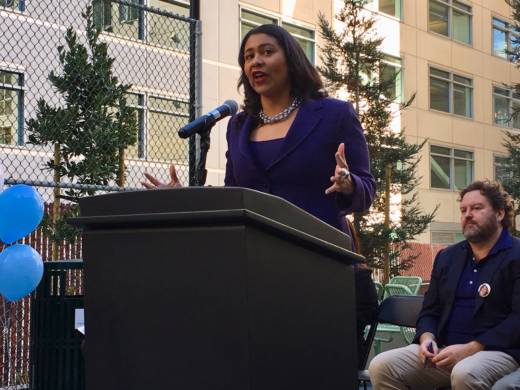The San Francisco Housing Authority is short about $25 million, a funding gap the city must fill by the end of the year to keep thousands of low-income families in their homes.
City officials learned of the deficit after a recent audit of the agency uncovered a major accounting error. Thinking it had a significantly larger budget, the Housing Authority said it spent millions on housing subsidies for extremely low-income families in neighborhoods like Chinatown and the Tenderloin.
"There was some inaccurate reporting of Housing Authority expenditures," said Kate Hartley, director of the Mayor's Office of Housing and Community Development. "Based upon what was inaccurate reporting, the Housing Authority moved forward with some fantastic work, which we were very thrilled about, which was subsidizing more units for homeless households and bringing on more households with rental assistance who were extremely low income. So, they did all this great work thinking they had the reserves in place to cover it, and we realize now that, in fact, that wasn't the case."
The agency now finds it doesn’t have the money needed to continue paying for the roughly 11,000 Section 8 housing vouchers it distributes to residents who rely on heavy rent subsidies.
On Tuesday though, Mayor London Breed and other city leaders expressed confidence that, despite the major shortfall, they would come up with the funds in time to prevent any residents from being displaced.

